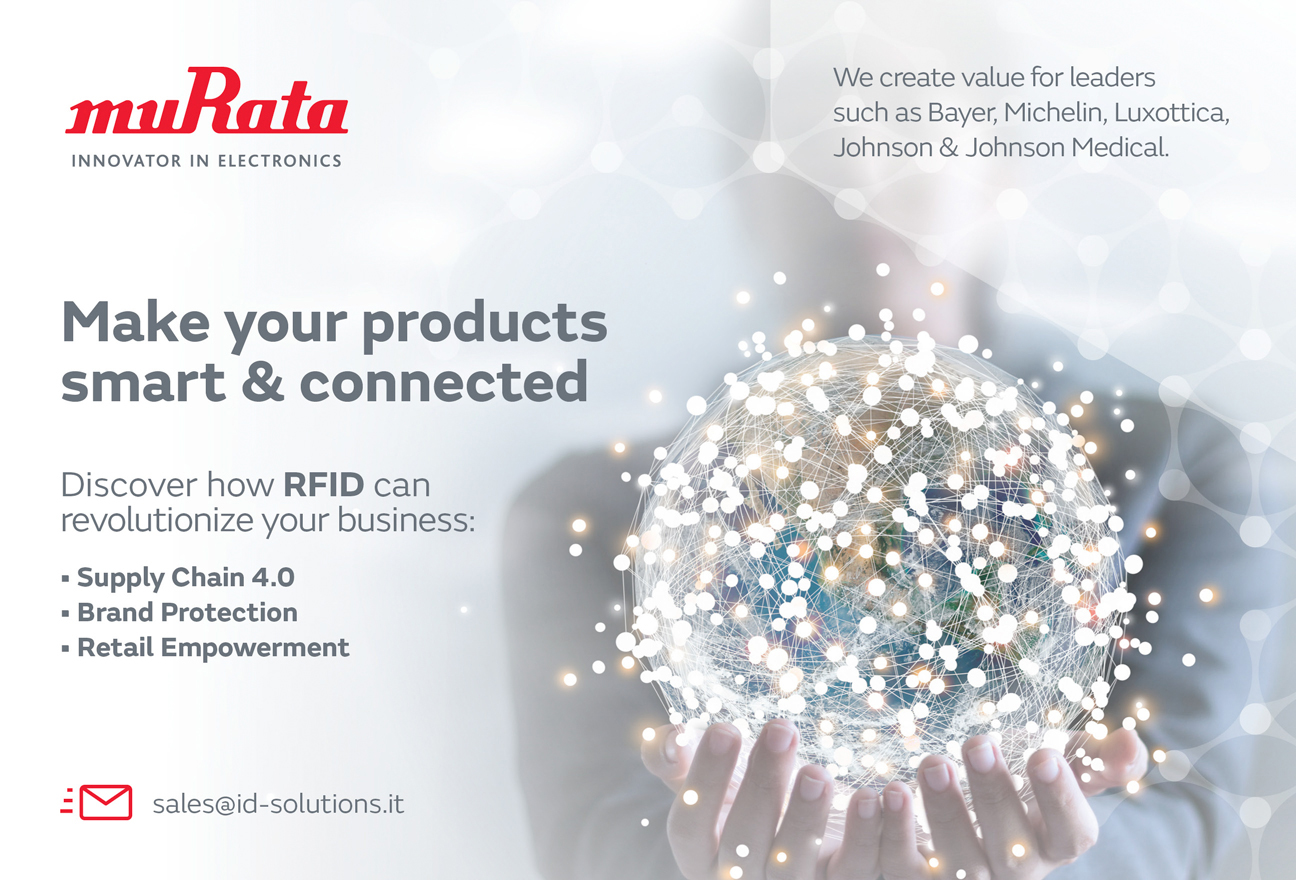The fragility of the global supply chain was laid bare by the turmoil of the pandemic, heightening calls for better education in this critical area, according to Professor Michele Palumbo of Italy’s 24ORE Business School.
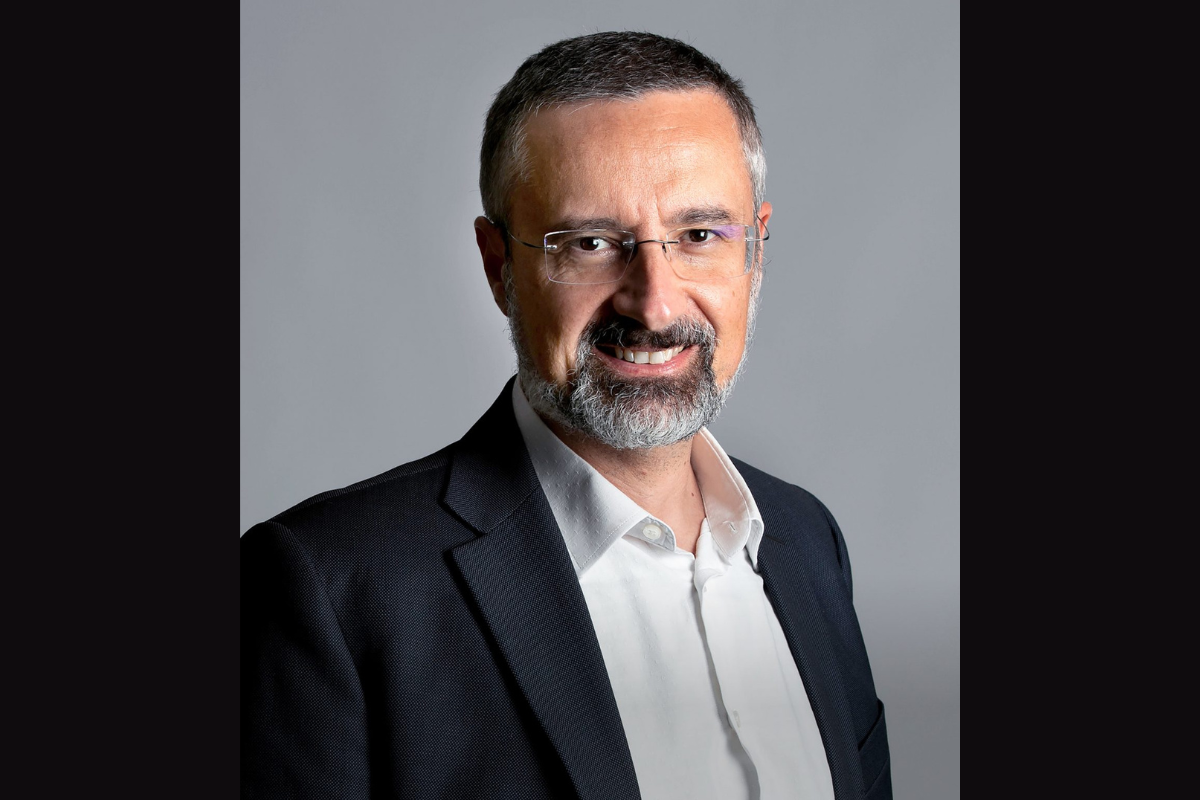
“The relevance of supply chain and the recognition of its role as the backbone of business is growing every day,” he tells The CEO Magazine. “The shortages of components and raw materials have increased the importance of this topic, so every course now incorporates the basics of logistics.”
The pandemic also created an exciting opportunity to review the traditional way of teaching in his view, and so Palumbo seized the chance to rethink the model, writing a completely new master’s course for the business school, with it being delivered entirely remotely.

“The idea is not to offer a very technical course for engineers; the idea is to make it accessible to everyone,” he explains. The course proved to be an instant success with more than 50 students in the first intake, and a second launched in the same year.”
“The formula is working and I think it’s such a great success because they have the opportunity to follow the course from all over the place,” Palumbo reflects.
The program also draws on monthly speakers from major companies such as Amazon, Benetton, DHL, KNAPP Italia, Murata ID Solutions and many other partners to share their ‘concrete’ experiences. This not only gives the students valuable insights into the business world, but also helps them to build enviable professional networks.
Palumbo highlights the work being done by companies such as KNAPP, which offers its customers intelligent automation solutions for the “entire value chain”, starting with the production process and seeing them all the way through distribution to the point of sale.
To share with the students such concrete information, CEO of KNAPP Italia Stefano Novaresi was involved to show the strategic approach to automation which is not only an efficiency enabler, but a real and effective business model enabler too. In this sense, to have a deep understanding of the different value chains is fundamental and sets the right base for the application of appropriate technologies.
Palumbo’s work as an independent consultant positions him well to join all these dots together – his academic profile, combined with his ongoing involvement in the industry, makes him the ideal teacher. His career path has been shaped by his passion for logistics, operations and supply chain, but, ever since graduating from university around 30 years ago, he has also kept a foot in the academic world.
He has worn a number of hats in that time, working as both consultant and lecturer over the years. Now, he is a member of the faculty at 24ORE Business School, which has campuses in Rome and Milan.

The shortages of components and raw materials have increased the importance of this topic, so every course now incorporates the basics of logistics.
A sudden shift
During the pandemic, Palumbo was involved in the distribution of pharmaceutical products, having been brought in by the Italian army to assist with the distribution of the vaccine. “The challenge was the transfer of products at –80 degrees Celsius,” he says. “I was engaged to help them search for solutions.”
Looking ahead, he believes that biotechnology products will become the norm, referring to data projecting that 80 percent of pharmaceutical products will be on a biological base by 2030. “Biological means that those are living products, so you have to take care of storing and distributing them at the right temperature,” he explains.
The changing nature of the distribution landscape is making this an even more interesting conundrum as commerce shifts away from brick-and-mortar outlets towards digital alternatives.
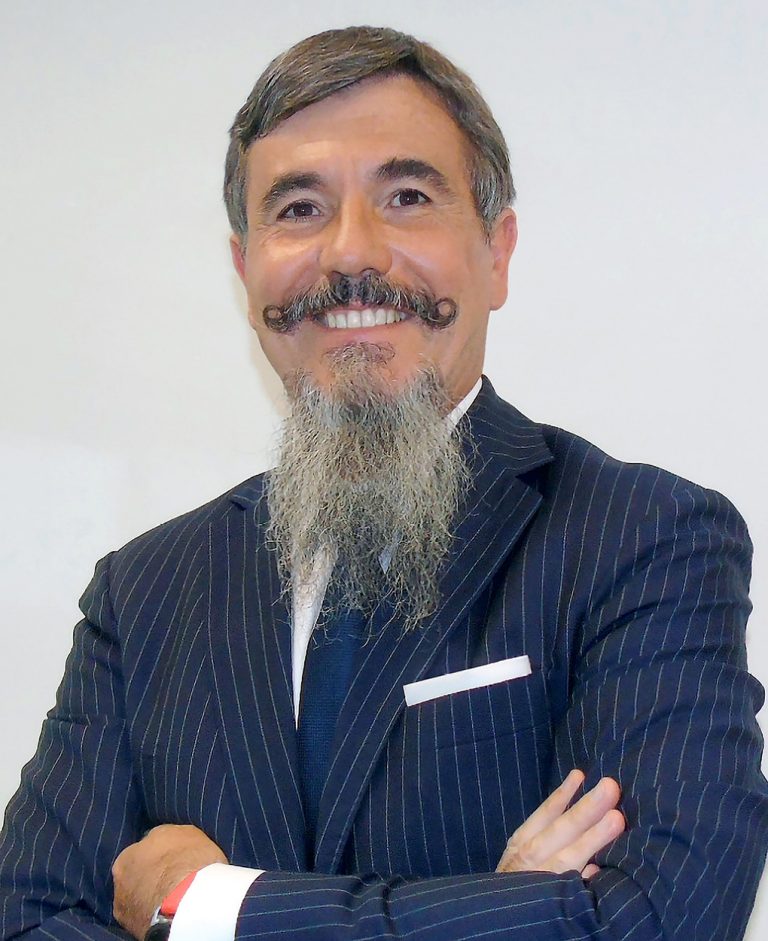
“Our customers reap the maximum benefit from our solutions”
“At KNAPP we aim to be a ‘Value Chain Tech Partner’,” KNAPP Italia CEO Stefano Novaresi says. “This definition encapsulates many strategic business elements that motivate us as a company.
“The value chain is the environment in which we operate and that we want to futureproof for the years ahead. Our objective is to achieve maximum added value by using smart networks to connect all business operations and individual process steps, from manufacturing right through to the end customer.
“We do that by using smart technologies, offering our customers digitalization and automation technologies for every step in their value chain. Be it quality assurance in production, smart route planning or the efficient and time-optimized distribution of goods using highly automated systems, we see ourselves as the ‘tech company’ and solution provider for every challenge faced by our customers in their value chain.
“As a technology partner, we bring all our knowledge of different sectors and value chains to the table. We can implement the right technology in the right way and ensure our customers reap the maximum benefit from our solutions.”
“In Italy, we have around 30 million shoppers on e-commerce platforms and 18 million of those are buying pharmaceutical products on those platforms,” Palumbo says. “The pandemic completely changed the habits of consumers, and pharmaceutical products are one of the areas where they are focusing their interest.”
Future focus
Personalization both in terms of the products themselves and the service by which they are supplied will become a major characteristic of the supply chain of the future, as will automation, according to Palumbo.
“The supply chain of the future will be completely automated,” he says. “New technologies like IoT, radio-frequency identification [RFID], blockchain and AI are completely changing the landscape.”
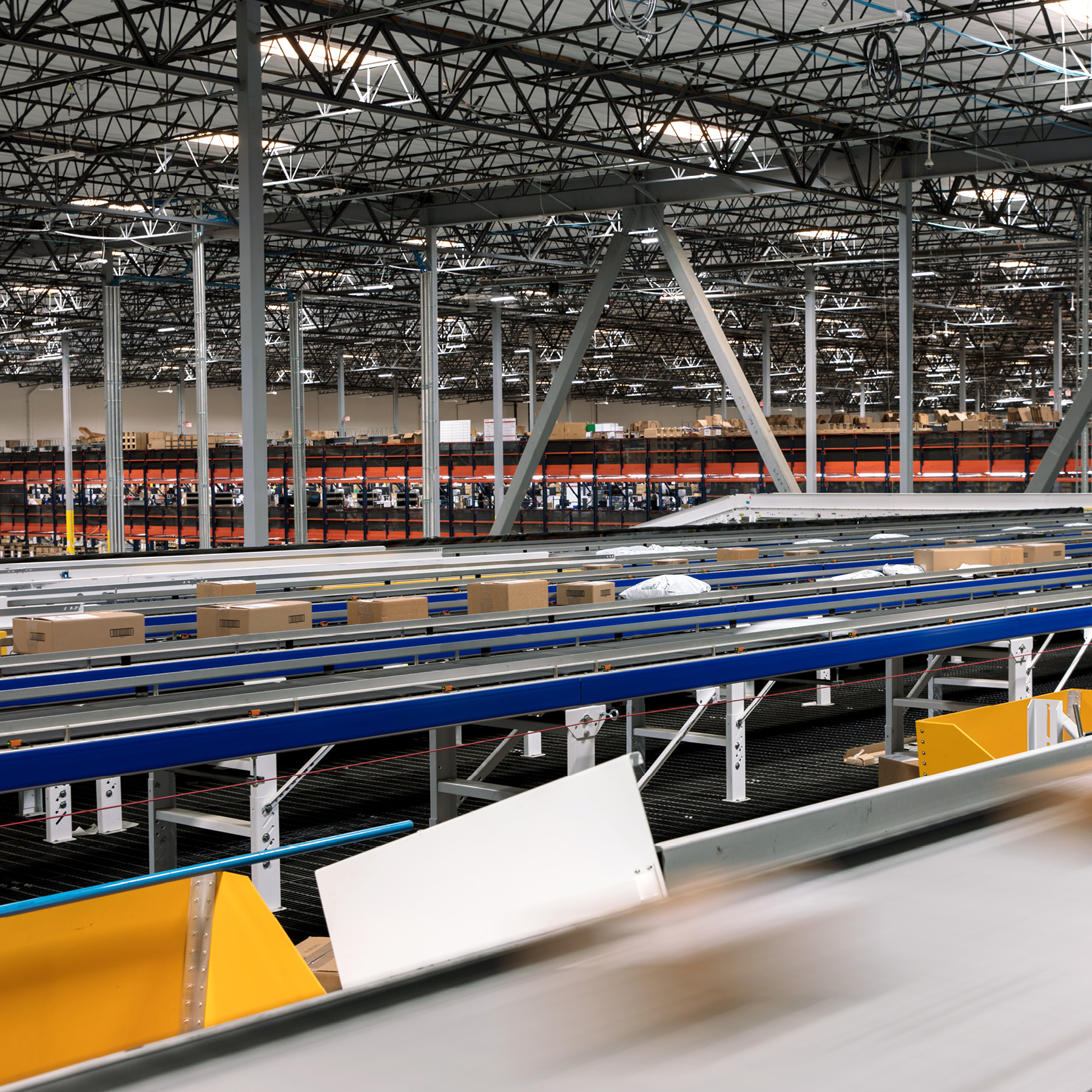
Transparency is visibility in real time. In the past, we had visibility, but not in real time – this was the problem. Now we have the possibility to look ahead.
Meanwhile, he continues, Murata ID Solutions engineers innovative IoT and RFID products and solutions that enable the automatic and unique identification of products and assets throughout the entire supply chain for real-time visibility, end-to-end traceability, brand protection, and process digitalization and optimization.
“This accelerating evolution of technology is making it possible to link each and every object to its ‘digital twin’,” Palumbo says. “Today we have the possibility to receive real-time, accurate, and detailed information by tracking every single product at every single step throughout the entire supply chain. This gives us the possibility to be proactive and look ahead.”
Such solutions are fast becoming a necessity rather than a ‘nice to have’. Whereas we once depended on data from the past to forecast the future, ongoing disruptions mean this is no longer a reliable method. “The world has completely changed,” he stresses.
“The way ahead is full of twists and turns, which are completely changing the landscape every minute. If you do not have these sensors, this technology, this artificial help, then you simply cannot drive forward.
“We are no longer simply forecasting the future, but instead predicting the future.”
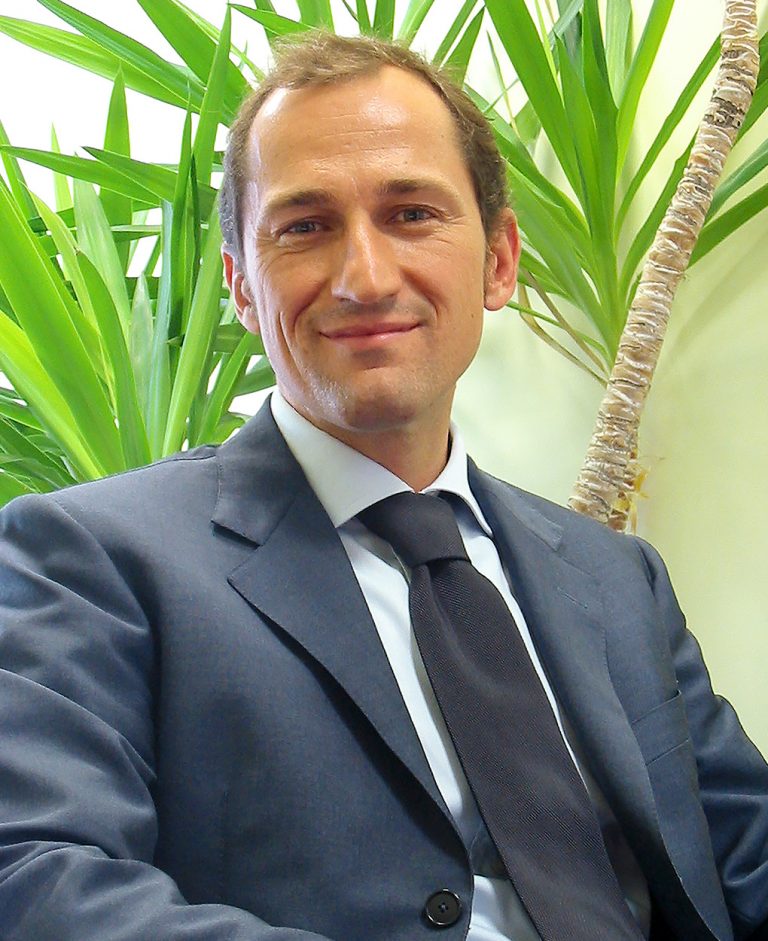
“Automatically collect data from the field and turn it into valuable information”
“The world will be smart and connected. RFID and IoT will pave the way by giving life to the objects that surround us and by seamlessly linking them to their digital twins,” Francesco Fantoni Guerci, CEO of Murata ID Solutions says.
“Murata ID Solutions provides RFID and IoT products and turnkey solutions to create value in a range of different industries. With consultancy expertise and a comprehensive product range spanning both software and hardware, we develop and provide the entire RFID system.
“Be it real-time open supply chain visibility, track and trace systems, Industry 4.0, brand protection, cold chain management, or asset tracking, our RFID solutions enable you to automatically collect data from the field and turn it into valuable information. Leading corporations from around the world have deployed our system throughout the entire supply chain to increase profit, service level, logistic accuracy, and productivity.”
A new agenda
Globalization was once considered the savior of the supply chain, but that is no longer the case, Palumbo says. “That was in a world where products could move from one side of the world to the other very safely and very easily. Today the story is completely different.”
The running aground of Ever Given, a 200,000-metric ton cargo ship, in Egypt’s Suez Canal in March 2021 highlighted the issues at play. The blocking of the channel impacted the entire world demonstrating that cost and service can no longer shape the global supply chain.
“Now, we have a third dimension – resilience,” Palumbo concludes. “We have to go ahead and look to something completely new as economic conflict changes the story of globalization.”

